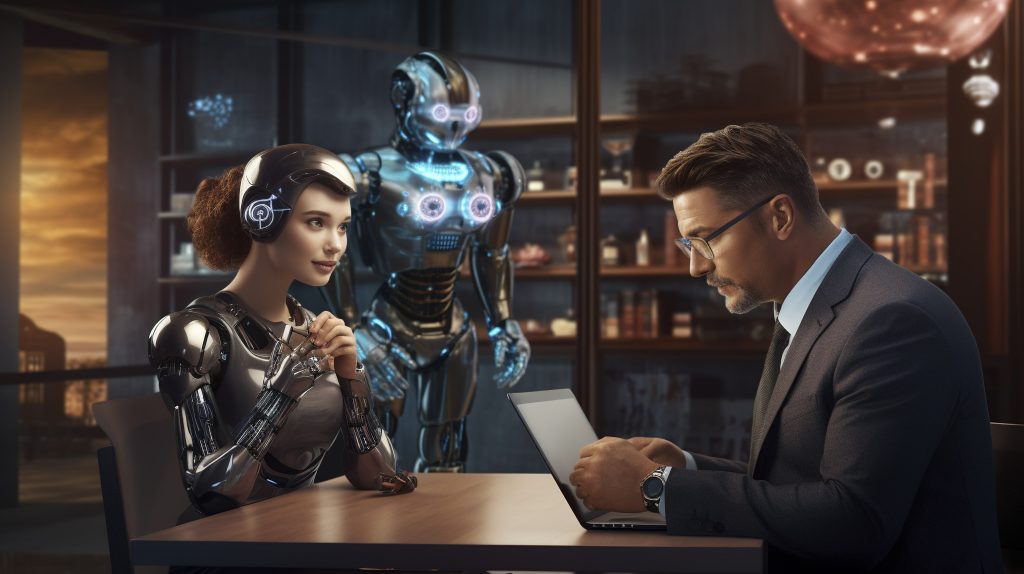How Will AI Affect Jobs: A Comprehensive Look at the Future of Work

The rise of Artificial Intelligence (AI) continues to spark significant discussions about the future of work. According to a report by Goldman Sachs, AI could replace the equivalent of 300 million full-time jobs by 2030. This transformation is expected to replace a quarter of work tasks in the US and Europe, signaling a shift that may also bring about new jobs and a productivity boom. The total annual value of goods and services produced globally could increase by 7%. However, the report also highlights a concerning trend: two-thirds of jobs in the U.S. and Europe are exposed to some degree of AI automation, with about a quarter potentially being fully automated. Impact of AI on Specific Job Roles By 2025, the World Economic Forum predicts that artificial intelligence will displace approximately 85 million jobs. Additionally, Freethink reports that as much as 65% of retail positions could be automated by then, attributing this shift primarily to technological progress, increasing costs and wages, tight labor markets, and decreased consumer spending. Learning Skills to Thrive with New Technology In the context of the rapid integration of Artificial Intelligence (AI) into various job sectors—as discussed in the previous analysis on AI’s impact on jobs by 2025—it’s crucial for today’s workforce to adapt and prepare for the changes AI will bring. Here are strategies and insights on how individuals can embrace AI and develop the necessary skills to harness this technology effectively. Conclusion: As AI reshapes our work landscape, the challenge is not just to adapt, but to thrive. The displacement of jobs by AI by 2030 underscores a critical need for skill adaptation and continuous learning. In this era of transformation, success lies in leveraging AI to enhance our capabilities and discover new career paths. Embracing AI involves more than understanding its impact; it requires a proactive approach to education and skill development. By cultivating a combination of technical know-how and enhanced soft skills, workers can not only survive but excel in an AI-integrated job market. The future of work with AI is an opportunity to innovate and improve productivity, urging us to redefine our roles and contribute to a tech-driven economy. It’s a call to action for all professionals to engage with AI positively and constructively, ensuring a future where technology and human ingenuity coexist harmoniously.
